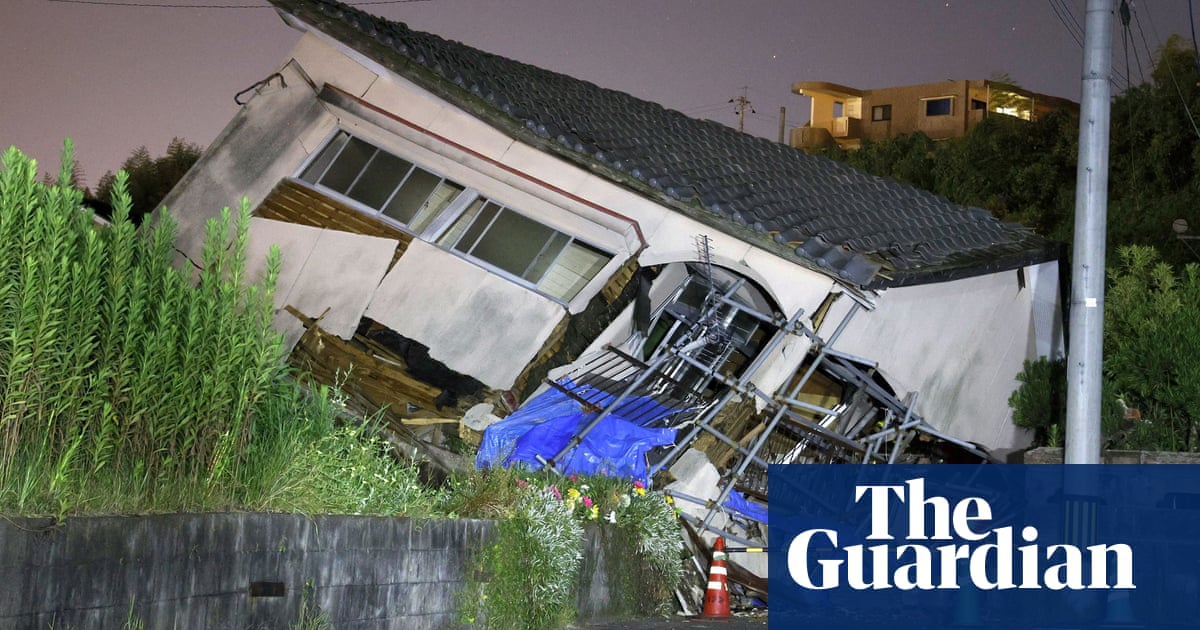China, Philippines reach deal to try to end clashes over disputed South China Sea sandbar
MANILA, Philippines (AP) — China and the Philippines have reached an agreement they hope will end confrontations the most hotly contested bench in the South China Sea, the Philippine government announced on Sunday.
The Philippines occupies Second Thomas Shoal, but China also claims it, and increasingly hostile clashes at sea have raised fears of larger conflicts. which could involve the United States.
The crucial agreement was reached on Sunday, after a series of meetings between Philippine and Chinese diplomats in Manila and exchanges of diplomatic notes aimed at establishing a mutually acceptable arrangement on the bench without conceding the territorial claims of either party.
Two Philippine officials familiar with the negotiations confirmed the deal to The Associated Press on condition of anonymity, and the government later issued a brief statement announcing the agreement without providing details.
“Both sides continue to recognize the need to de-escalate the situation in the South China Sea and manage disputes through dialogue and consultation and agree that the agreement will not prejudice the other side’s positions in the South China Sea,” the foreign ministry said in Manila.
Neither side has yet released the text of the agreement.
China has disputes with several governments Tensions over land and maritime borders, many of them in the South China Sea, and the rare agreement with the Philippines could raise hopes that Beijing could strike similar arrangements with other rival countries to avoid clashes until thorny territorial issues are resolved. It remains to be seen, however, whether the deal can be successfully implemented and how long it will last.
The Chinese Coast Guard and other forces have used powerful water cannons and dangerous blockades maneuvers aimed at preventing food and other supplies from reaching Philippine Navy personnel at the Manila outpost on the shoal.
The territorial impasse that has lasted for years on the bench has erupted several times since last year between Chinese Coast Guard, Navy and suspected militia vessels and Navy boats escorted by the Philippine Coast Guard carrying food, water and fresh Navy and Marine personnel to an outpost on a rusting, long-stranded warship, the BRP Sierra Madre.
In the worst confrontation, On June 17, Chinese forces aboard motorboats repeatedly rammed and then boarded two Philippine Navy vessels to prevent Filipino personnel from transferring food and other supplies, including firearms, to the ship’s outpost in shallow waters off the shoal, according to the Philippine government.
After repeatedly ramming the Philippine Navy ships, the Chinese seized the boats and damaged them with machetes and improvised spears. They also seized seven M4 rifles, packed in crates, along with other supplies. The violent confrontation left several Philippine Navy personnel injured, including one who lost his thumb, in a chaotic skirmish that was filmed and photographed and later made public by Philippine authorities.
China and the Philippines have accused each other of responsibility for the confrontation and each asserted their own sovereign rights over the shoal, which Filipinos call Ayungin and the Chinese call Ren’ai Jiao.
The United States and its key Asian and Western allies, including Japan and Australia, have condemned China’s actions on the shoal and called for respect for the rule of law and freedom of navigation in the South China Sea, a key global trade route with rich fishing grounds and undersea gas deposits.
In addition to China and Philippines, VietnamMalaysia, Brunei and Taiwan are engaged in separate but increasingly tense territorial disputes in the waterway, seen as a potential flashpoint and delicate fault line in the region. Regional rivalry between the United States and ChinaThe U.S. military has deployed Navy ships and fighter jets for decades in what it calls freedom of navigation and flyover patrolswhich China opposes and considers a threat to regional stability.
Washington has no territorial claims in the disputed waters, but has repeatedly warned that he is obliged to defend the Philippinesits oldest treaty ally in Asia, if Philippine forces, ships and aircraft come under armed attack, including in the South China Sea.
One of the two Philippine officials said the June 17 confrontation had prompted Beijing and Manila to accelerate negotiations on an arrangement that would prevent confrontations at Second Thomas Shoal.
During the last four days of meetings, two Chinese demands that were major sticking points were removed from the draft agreement.
China had previously said it would allow the Philippines to transport food, water and other basic supplies to its forces in the shoal if Manila agreed not to bring construction materials to fortify the wrecked ship, and to give China advance notice and the right to inspect the ships for such materials, the officials said.
The Philippines rejected those conditions and the final deal did not include them, the Philippine official said.




